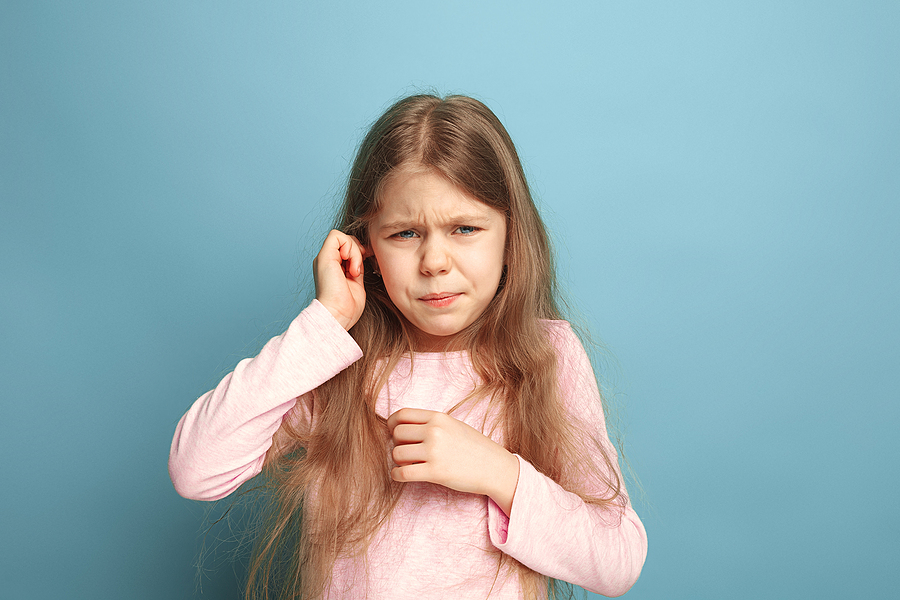Navigating Asthma in Children: Managing Symptoms and Ensuring Safety
Posted By:SSG Admin Posted On:07-Oct-2024
Asthma is a common chronic condition that impacts people of all ages. It occurs when the airways and lungs become inflamed. An asthma attack occurs when the inflammation causes the airways to narrow and close up making it impossible to breathe.
In the U.S., over 1 in 10 people have asthma, and 38.7% of children under the age of 19 have it. Not every child’s asthma is under control. In 2021, over 63% of children aged 4 or under had at least one attack. It’s believed that 44% of children with asthma do not have it controlled.
Left untreated, asthma can block airways and restrict oxygen, which can result in death. While adults are more likely to die from complications, any age is at risk. Our doctor at Premium Allergy and Respiratory is here to help your child manage his or her asthma symptoms and keep them safe at home, when they’re at school, or while on vacation with you or someone else.
What Causes Asthma in Children?
The exact cause of asthma in children varies from one child to another. In some cases, it seems to run in the family. In others, it can be triggered by an allergen like pollen from trees or grasses. Environmental factors like air pollution, mold/mildew, cigarette smoke, or very cold air can trigger asthma, and sometimes, asthma worsens with a cold or respiratory infection. Physical activity can also trigger it.
Because many things can trigger asthma, it’s important to note what a child is doing when the airways become inflamed. It’s not always instant, so you might need to think back a few hours. Look for patterns if you can. It will help a doctor find the best treatment.
What Are the Common Symptoms?
Symptoms of an asthma attack start with whistling or wheezing when exhaling. Chest tightness, congestion, and shortness of breath are also common.
You might notice that your child’s coughing is worse when he or she has a cold, flu, or other virus. Coughing may increase when your child is running around or very active. It can worsen when lying down sleeping, or the air outside is very cold.
If your child’s coughing doesn’t ease, see a doctor. You should also make an appointment to see a doctor if your child complains of chest tightness or discomfort, difficulty breathing, or breathing is very rapid. If your child is often being diagnosed with bronchitis or pneumonia or having symptoms of them repeatedly, see a respiratory therapist.
Understand the Different Treatment Options
Once diagnosed with asthma, your child will be prescribed medications. Inhalers are important for quick relief and work by opening the airways. These are for asthma attacks and aren’t something your child uses every day.
Daily medications often include oral medications that prevent symptoms from occurring. There are daily pills that can help keep the airways open, but they come with risks so regular blood tests are required. Inhaled corticosteroids are one of the more popular treatments, though there are reports of slowed growth in some children who use them for a very long time. It’s why it’s so important to work with a doctor.
If asthma is related to allergies, allergy medications are ideal. Immunotherapy is worth investigating as allergy shots are given weekly for a period of time to help lower the reaction to the histamine reaction in the body. Your children may not love getting weekly shots, but the long-term benefits make it worthwhile.
What Do You Do If Your Child Has an Asthma Attack?
The most important thing to do during an asthma attack is to keep your child calm. If you show signs of stress and anxiety, your child is going to become fearful and anxious too. Make sure you mask any anxiety you’re feeling. Speak in soothing tones, get the inhaler, and administer a dose if your child is unable to.
Immediately bring your child to urgent care if the child is breathing. If not, go to the ER or call 9-1-1. Again, as hard as it is, you need to stay calm. Stress can worsen an asthma attack, so your child needs to avoid panicking.
Tips for Keeping Your Child Safe
Charts help a lot with the identification of triggers. When triggers like pollen are at their highest counts, you’ll know and can take preventative measures to keep your child safe.
The indoor environment plays a big role. If asthma is triggered by mold, mildew, pet dander, or dust mites, run an air purifier to keep the air clean of those particles. Look for air purifiers with HEPA filters and UV lights that help kill germs and capture the finest particles.
Have a plan in place in case of an asthma attack. Your child needs to have the inhaler available at all times. It needs to be in an accessible place, and his or her friends need to know where it is. Make sure that the inhaler is full and not expired. Check it regularly.
Exercise can trigger attacks. You and your child have to learn when too much activity is causing problems. If asthma flares up after 30 minutes of activity, your child needs to slow down and take breaks. Walk around instead of running.
For younger children, a nebulizer may be required. Learn how to place the face mask on your infant or toddler’s face and keep your child calm while the medication is administered through that mask. It can be scary for a young child, so make sure you’re available to comfort and keep the child’s hands secured and unable to remove it.
Your child must understand what is happening and how to handle an asthma attack. Make sure your child regularly attends appointments with a doctor who specializes in asthma. Do practice runs to ensure your child knows where the inhaler is located in different situations.
Ask about support groups for families with an asthmatic child, as the more support you and your child have, the easier it is to navigate. Your child benefits by befriending other children in the same situation.
Peer support is just as important as parental support. If your child has asthma, consider asking a teacher if it would be okay to talk to the students in your child’s class about the disease. It may require parental permission for the children in the class, but the more they know, the less frightening it is for everyone.
Find Lasting Relief for Your Child
Asthma brought people to the ER more than 986,000 times in 2020. More alarming is that 3,517 people died following asthma attacks in 2021. It’s not worth the risk.
If something feels wrong, don’t hesitate to schedule an appointment at Premium Allergy & Respiratory Center. Your child’s well-being isn’t worth risking. With several possible solutions to allergies and effective asthma treatments, it’s important to work with a board-certified allergist and asthma expert to find lasting relief for your child. Make an appointment online.





